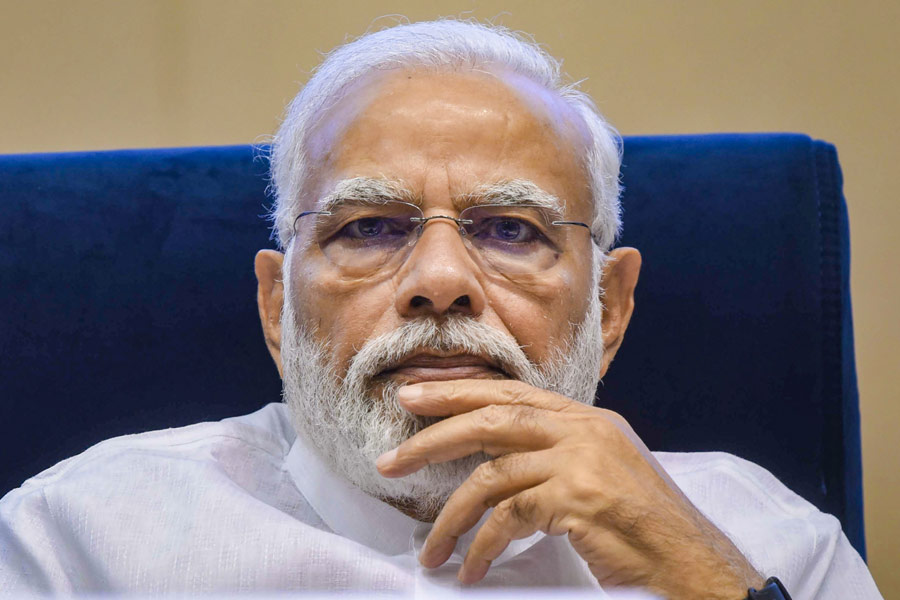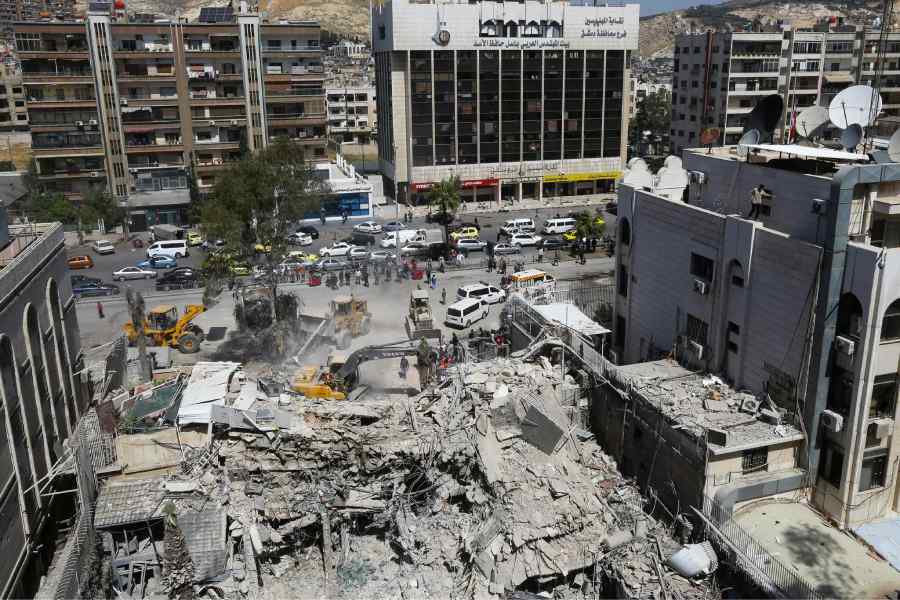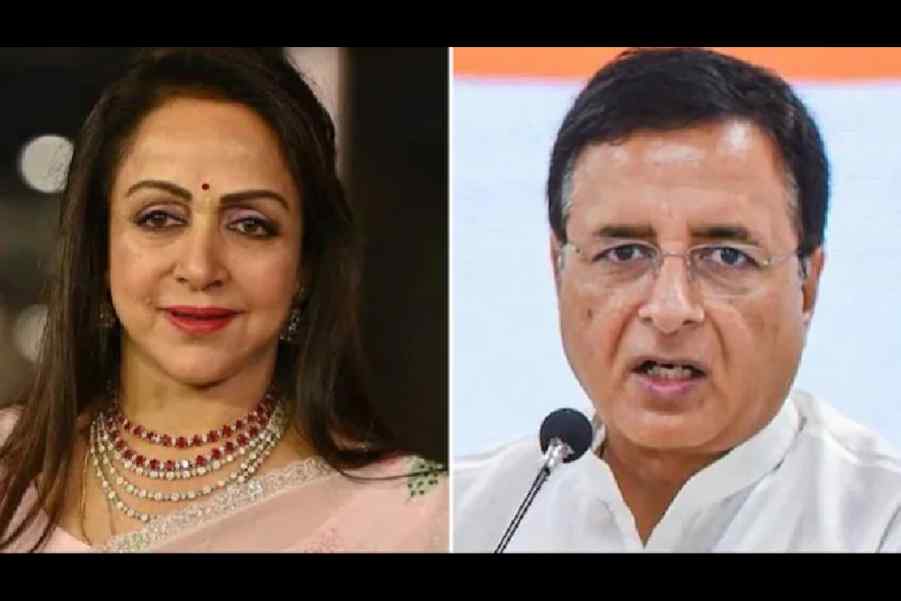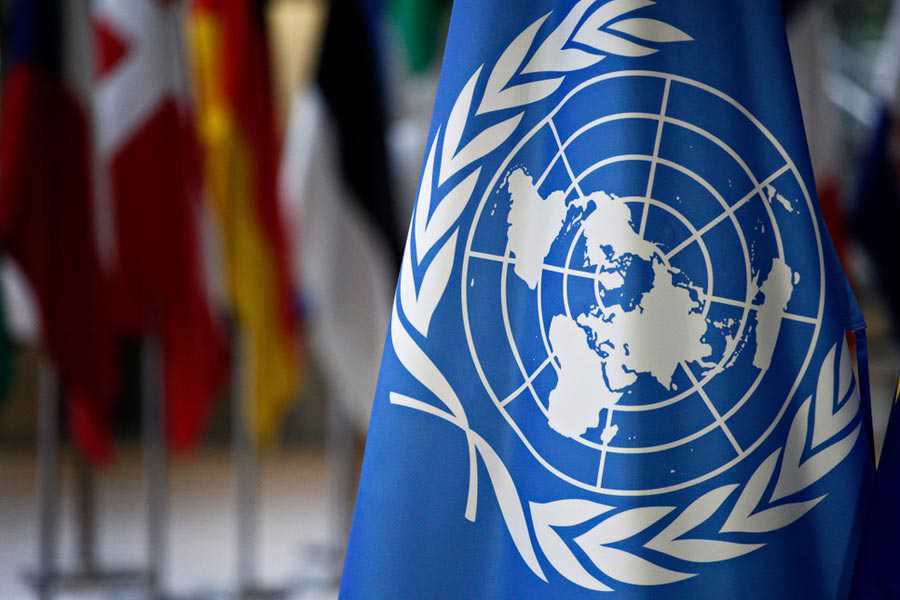Sir — To tackle noise pollution, especially at traffic signals where drivers honk even when the vehicles are stuck in traffic jam, the Mumbai police, in a recent video, claimed to have installed decibel meters at select signals near major junctions such as Marine Drive and Bandra. Now, the more the honking, the longer the signal would take to turn green.
While the measure is innovative, the police should also try to reduce congestion. Other cities — people in Calcutta honk even outside schools and hospitals — should also think of ways to raise awareness about this menace.
Riya Singh,
Calcutta
Shed the load
Sir — The Andhra Pradesh cabinet has decided to propose the abolition of the state legislative council. There may be some merit to this idea. Members of the legislative council serve no significant purpose. No useful debates are held in the council, nor are helpful suggestions passed on to the assembly. The legislative council is just a burden on the taxpayers’ money. If one is to take the example of Andhra Pradesh itself, it had no upper house for 22 years. Did the state not function or perform well during that period? The idea of doing away with the legislative council in Andhra Pradesh is thus welcome.
Often, bills passed in the lower House do not get passed by the upper House because of lack of support for the ruling party. (This is what happened for most of Narendra Modi’s first term at the Centre.) An upper House is nothing but an impediment in the path of progress. In fact, the government at the Centre should take the bold step of moving to abolish the second House of Parliaments. It consists of members who are elected indirectly, a means of election that should have no place in a democracy. This government has taken many historic decisions, another one may be in order.
N.R. Ramachandran,
Chennai
Sir — It cannot be argued that a bicameral legislature acts as a check against governments elected with a brute majority. On paper, academics and intellectuals who cannot pass the rough and tumble of electoral politics are supposed to be elected to the legislative council in the states. Their expertise can benefit legislations by ensuring that the latter are not missing any important points. But in reality, political parties nominate members who have been rejected in popular polls. This legislative council has thus become yet another way for politicians to bypass people’s will in a democracy. As such, all states should do away with it.
That being said, the motives of the Andhra Pradesh chief minister, Y.S. Jaganmohan Reddy, for abolishing the upper House in the state are suspect. He intends to pass legislations quickly without meeting opposition from the legislative council where his party does not have a majority. This is wrong too. This is precisely the kind of behaviour that a bicameral legislature is meant to keep a check on. Ironically, it was Reddy’s father who had reconstituted the upper House in Andhra Pradesh after N.T. Rama Rao in 1985. If the legislative council is abolished, Reddy should ensure that he does not take hasty decisions to gain political points.
Saptarshi Dutta,
Calcutta
Hanging mid air
Sir — The Guwahati ropeway project that was sanctioned by the Guwahati Metropolitan Development Authority as far back as in 2006, is yet to materialize. Ordinary people continue to face troubles while travelling between the north and south banks of the city owing to poor infrastructure.
We have now reached 2020, but its opening keeps being pushed back without the fear of ignominy or guilt. People of the city who were promised this facility ages ago are now starting to lose confidence and patience, especially those who had hoped to reduce the duration of their daily commute. The problems faced by people increase exponentially during the monsoon, which brings with it difficulties like floods and a rise in the levels of Brahmaputra, rendering ferry services immobile and consequently forcing commuters to use road transportation which only exacerbates their troubles.
Gaurav Agarwal,
Guwahati










